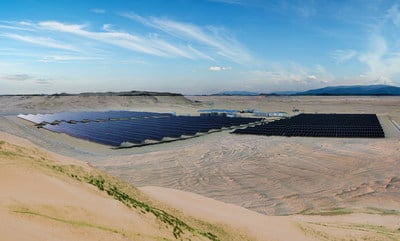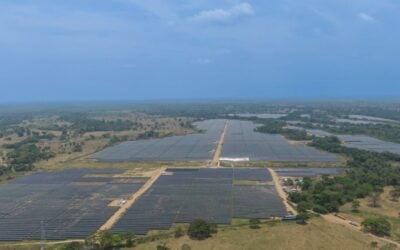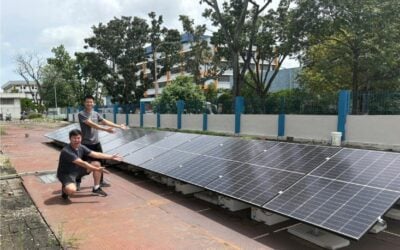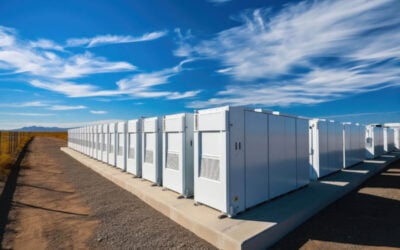
24 January 2022: Duke Energy Florida investigates role of customer-sited battery storage on the grid
US utility company Duke Energy is studying the ability of customer-sited battery storage to help balance the supply and demand of electricity on the grid, particularly at peak times.
Enjoy 12 months of exclusive analysis
- Regular insight and analysis of the industry’s biggest developments
- In-depth interviews with the industry’s leading figures
- Annual digital subscription to the PV Tech Power journal
- Discounts on Solar Media’s portfolio of events, in-person and virtual
In what’s been described as a “bring your own battery (BYOB)” initiative, Duke Energy Florida customers who have installed devices at home are invited to participate in the year-long study.
The utility hopes the battery units — which households have bought in order to provide back up power for their loads in case of outages — will be able to play a dual role by also being able to be discharged into the grid when demand peaks.
This could help lower electricity costs for participating customers and reduce the carbon intensity of energy on the network, the company said. Duke will also be learning more about the role batteries can play in making the network more resilient as well as about customer behaviour and battery usage.
Units from vendors including Sunrun, Generac, SolarEdge and Virtual Peaker could enrol and the utility is working with them to offer the programme to their existing customers.
24 January 2022: Sungrow supplying solar-plus-storage equipment to Egypt commercial microgrid project
Sungrow will supply solar PV and battery energy storage system (BESS) equipment for a microgrid that will reduce a poultry company’s diesel use in Bahariya Oasis, Egypt.
The solar PV inverter manufacturer, which has a project development arm as well as manufacturing and integrating full turnkey BESS solutions, said earlier this month that it has signed a contract with Egyptian solar energy company KarmSolar for the project.
Sungrow will provide a system comprising 2.576MWp PV inverter and 1MW/3.957MWh BESS which will be commissioned in May this year, for use by Cairo 3A, a poultry company. Sungrow’s 1500V BESS solution comes fully integrated and pre-assembled, making it economical and logistically easier to transport, install and operate, the company claimed.
The company also recently announced another commercial and industrial (C&I) microgrid project in Egypt, at a gold mine site. Sungrow said that although Egypt has a target of 42% renewable energy by 2035, large utility-scale clean energy projects find it hard to get the required investment and public support, meaning microgrid and off-grid solar projects are a more viable opportunity at present.
They also provide a tangible opportunity to demonstrate what solar and solar-plus-storage can do, the company said.
24 January 2022: Finnish data centre’s batteries will play into electricity market
Finnish state-owned energy company Fortum will add a data centre’s UPS batteries in the country’s capital Helsinki into its pool of aggregated energy assets, using the stored energy to play into electricity markets.
Fortum said last week that it has signed an agreement with Telia, owner and operator of Helsinki Data Center (HDC) to connect the HDC’s UPS systems into the electricity markets, where they will be used to help balance the supply and demand of power on the grid.
The UPS batteries cover the data centre’s electricity demand in the event of power outages and keep the centre running. Their additional role in balancing the grid has been added and tested since last summer, Fortum said.
The batteries, manufactured by ABB, will join Fortum’s so-called ‘Virtual Battery’, which is basically a virtual power plant (VPP), aggregating the capabilities of numerous customer-sited resources into one big asset.
The UPS has already contributed several megawatts of capacity to the Fast Frequency Reserve (FFR) frequency regulation market operated by national transmission system operator Fingrid over the past few months.
Fortum said the ability of the batteries to respond in milliseconds to a signal from the grid that more balancing is power is needed makes them ideal for this role.
“Utilising HDC’s UPS equipment in the electricity market is an important part of a modern data centre and the mitigation of environmental impacts,” Telia development manager Harri Vilonen said.
“By participating in the reserve market, we can promote more renewable energy by providing support to the power grid.”






